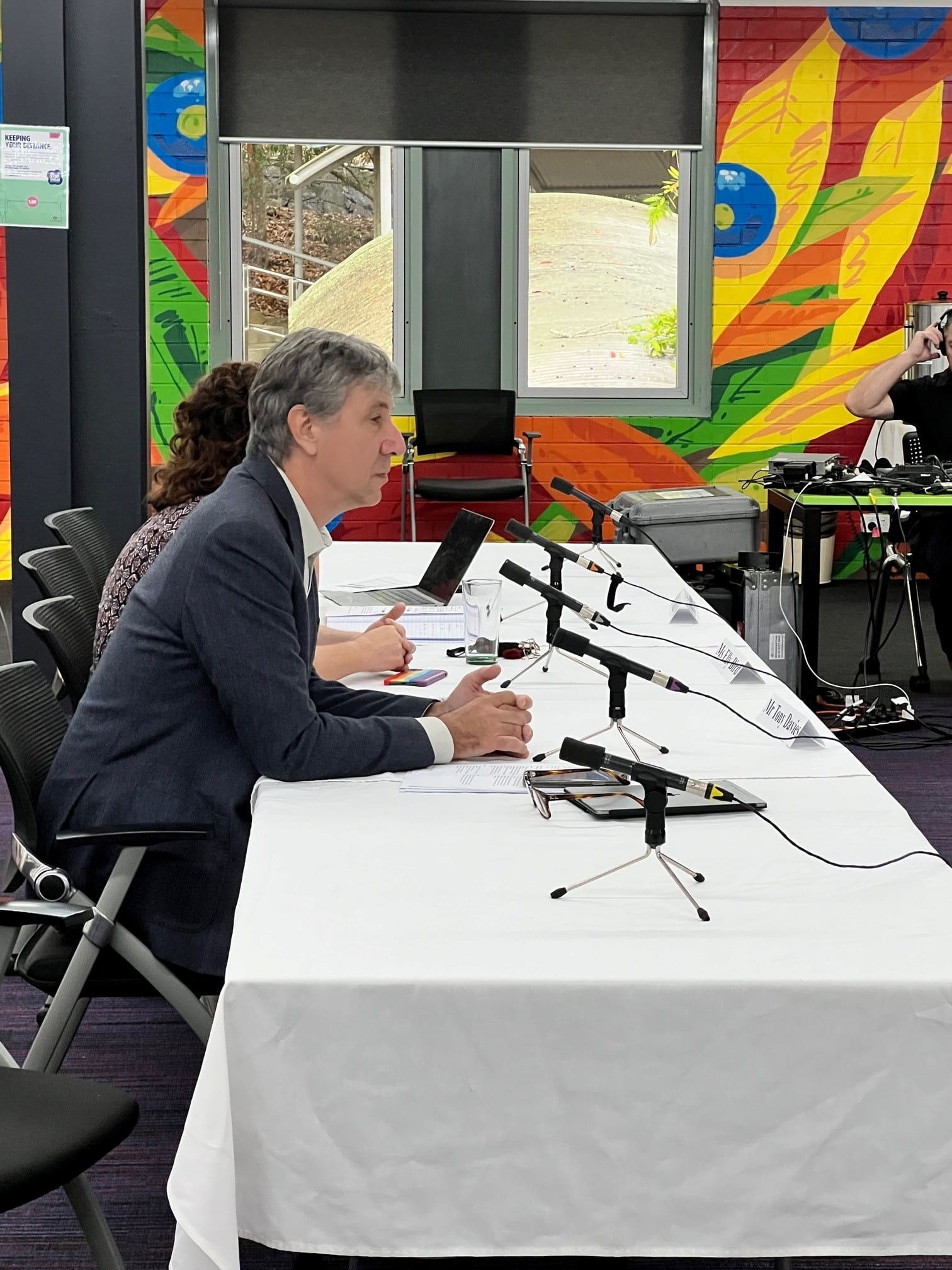
The Senate Community Affairs References Committee inquiring into the extent of poverty in Australia held a public hearing in Lismore on February 21. Social Futures had the opportunity to present.
Every year Social Futures supports more than 24,000 people through our homelessness, employment, youth and family, mental health, and disability inclusion services. Across the Northern Rivers, more than 1 in 5 people live in poverty.
COVID and the catastrophic flooding has further exacerbated the drivers of poverty and many of our communities are at breaking point. We are seeing rents in this region triple due to scarcity, people living in houses deemed uninhabitable after the flood because there are no other options, families living in tents in someone’s backyard because there are no other options, small business owners unable to re-establish their business and accessing services for the first time, families where both parents work struggling to keep up with mortgage payments and asking for food vouchers to feed their kids. The Northern Rivers has one of the highest rates of rough sleepers in NSW, and that’s not just per capita, that’s based on the actual number of people. The last street count showed the number of people sleeping rough in Byron Shire alone was nearly equal to central Sydney.
These challenges are not new and will not go away without a whole of community response supported by with investment from Governments. Social Futures made multiple detailed recommendations. Our policy platform particularly highlights the need to build social housing for women unable to leave violent relationships. We also highlight the need to invest more in early intervention services to support families struggling with parenting challenges and in school-based programs so that disadvantaged students don’t get left behind.
Investment in essential social infrastructure so that those doing it toughest can access local, trusted support and be able to meet their basic needs. The economic cost of taking a business as usual approach are high and the impacts of doing nothing will be long lasting.